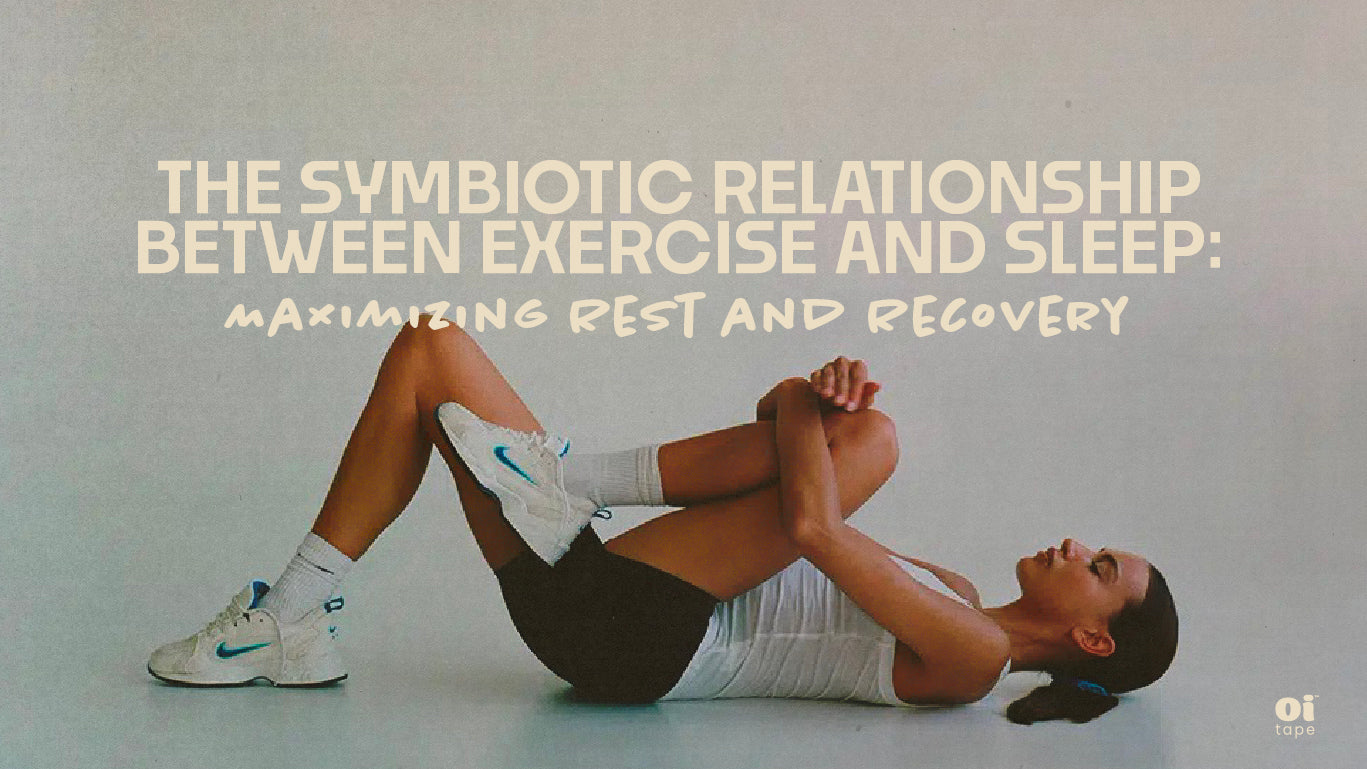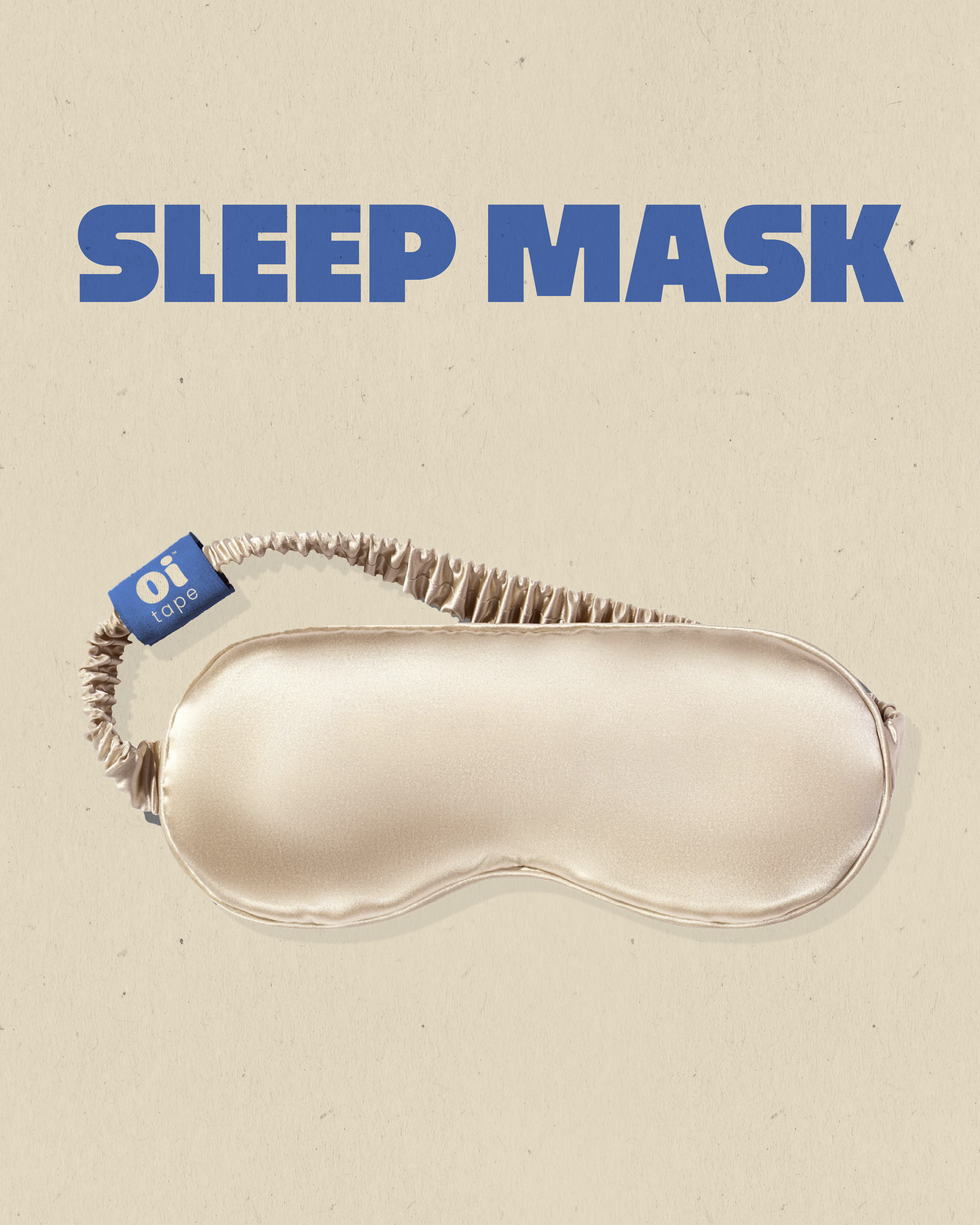

The Symbiotic Relationship Between Exercise and Sleep: Maximizing Rest and Recovery
Exercise and sleep are two intricately linked pillars of health, forming a symbiotic relationship that influences overall well-being. While the benefits of exercise on physical fitness are well-known, its profound effects on sleep quality and duration are equally noteworthy. Understanding the connection between exercise and sleep can help individuals leverage these synergistic forces to optimize rest and recovery for enhanced vitality and performance.
The Impact of Exercise on Sleep Quality:
Regular physical activity has been shown to improve sleep quality in numerous ways:
Promotion of Deep Sleep: Exercise helps facilitate deeper and more restorative sleep by promoting the transition to slow-wave sleep, also known as deep sleep. Deep sleep is characterized by slow brain waves and plays a crucial role in physical recovery, memory consolidation, and hormone regulation.
Reduction of Sleep Latency: Exercise has been found to reduce the time it takes to fall asleep, also known as sleep latency. Engaging in physical activity earlier in the day can help regulate the body's internal clock and promote sleep onset at night.
Enhancement of Sleep Duration: Studies have shown that individuals who exercise regularly tend to experience longer and more restful sleep durations than sedentary individuals. Consistent exercise can help regulate sleep-wake cycles and promote a more structured sleep schedule.
Management of Stress and Anxiety: Exercise is a powerful tool for managing stress and anxiety, both of which can contribute to sleep disturbances. Physical activity stimulates the release of endorphins, neurotransmitters that promote feelings of well-being and relaxation. These help alleviate tension and promote better sleep.
Timing and Type of Exercise:
While exercise offers numerous benefits for sleep, the timing and type of exercise may influence its effects on sleep quality:
Morning or Afternoon Exercise: Engaging in moderate to vigorous exercise earlier in the day, such as in the morning or afternoon, has been shown to promote better sleep quality compared to exercising close to bedtime. Exercise raises body temperature and stimulates the release of adrenaline, making it harder to fall asleep if done too close to bedtime.
Moderate Intensity vs. High Intensity: While moderate and high-intensity exercise can improve sleep quality, high-intensity exercise performed too close to bedtime may have a stimulating effect that interferes with sleep onset. Choosing lower-intensity activities such as yoga, stretching, or walking in the evening can promote relaxation and prepare the body for sleep.
Establishing Healthy Exercise and Sleep Habits:
To maximize the benefits of exercise on sleep, consider incorporating the following strategies into your routine:
Consistency is Key: Aim for regular exercise throughout the week, incorporating a mix of cardiovascular, strength training, and flexibility exercises to promote overall health and well-being.
Listen to Your Body: Pay attention to how different types and intensities of exercise affect your sleep quality and adjust your routine accordingly. Experiment with timing and duration to find what works best for you.
Create a Relaxing Bedtime Routine: Wind down in the evening with calming activities such as reading, gentle stretching, or meditation to prepare your body and mind for sleep. Minimize screen time and exposure to bright lights, as these can interfere with the body's natural sleep-wake cycle.
Prioritize Sleep Hygiene: Establish a sleep-friendly environment by keeping your bedroom cool, dark, and quiet. Invest in a comfortable mattress and pillows that support restful sleep, and avoid caffeine and alcohol close to bedtime.
Exercise and sleep share a symbiotic relationship, with regular physical activity promoting better sleep quality and duration and quality sleep supporting optimal performance and recovery. By understanding the connection between exercise and sleep and implementing healthy habits into your routine, you can harness the power of this dynamic duo to achieve greater vitality, resilience, and well-being in your daily life.





